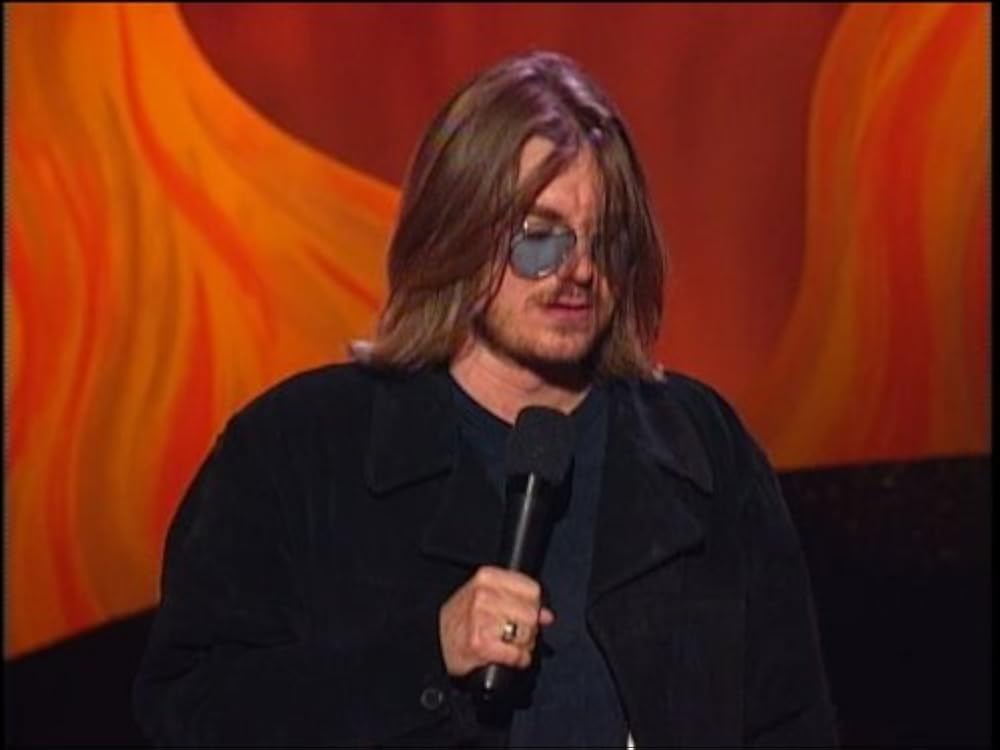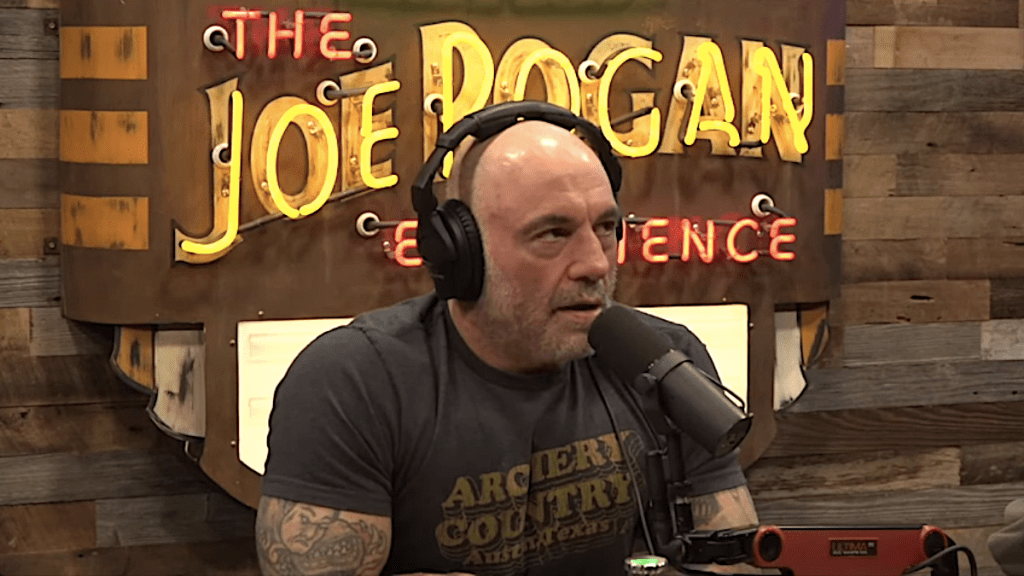“I used to do drugs. I still do, but I used to, too.”
Mitch Hedberg died twenty years ago. That sentence reads wrong—like he just went out for a sandwich and forgot to come back.
Born in St. Paul, Minnesota, site of my transplant, Mitch wasn’t built for the job market. He wasn’t built for much of Earth, really. He had a surfer’s drawl, a curtain of hair like he was hiding from the 1990s, and a stage presence that suggested his mind was already halfway through the next dozen punchlines.
He looked at the world like it owed him laughter—small, weird laughter. And he paid it back in full.
“I bought a seven-dollar pen because I always lose pens and I got sick of not caring.”
That wasn’t just a joke. It was syntax from another planet. Hedberg didn’t deliver jokes so much as he delivered angles—twists on the banal so sharp they drew blood.
He hated confrontation. Wore sunglasses on stage not for coolness, but camouflage. The spotlight didn’t energize him—it interrogated him.
“My fake plants died because I did not pretend to water them.”
He made absurdism feel like wisdom. There was no aggression in his act. No rage, no moral scoreboard. Just observational comedy from a man who saw the world through a cracked kaleidoscope and liked it better that way.
“I saw a sign that said ‘Watch for children.’ I did. It seemed like a fair trade.”
He once tried to pitch a sitcom to network TV called Hedberg, in which he’d play himself. He told the execs: “The show starts when I get out of prison for a crime I didn’t commit. But then, I get committed for a crime I didn’t prison.”
They passed.
Hedberg was a writer, whether he wore the label or not. The literary bent was always there—compressed, subtle, and stoned.
“I haven’t slept for ten days. That would be too long.”
“I like rice. It’s great if you’re hungry and want 2,000 of something.”
“I used to play sports. Then I realized you can buy trophies. Now I’m good at everything.”
He died in 2005 of a drug overdose. Thirty-seven. It didn’t feel like a cautionary tale. It felt like losing the weirdest angel at the party.
Twenty years later, no one’s filled the silence he left behind.
“An escalator can never break: it can only become stairs. You should never see an ‘Escalator Temporarily Out Of Order’ sign, just ‘Escalator Temporarily Stairs. Sorry for the convenience.’”



